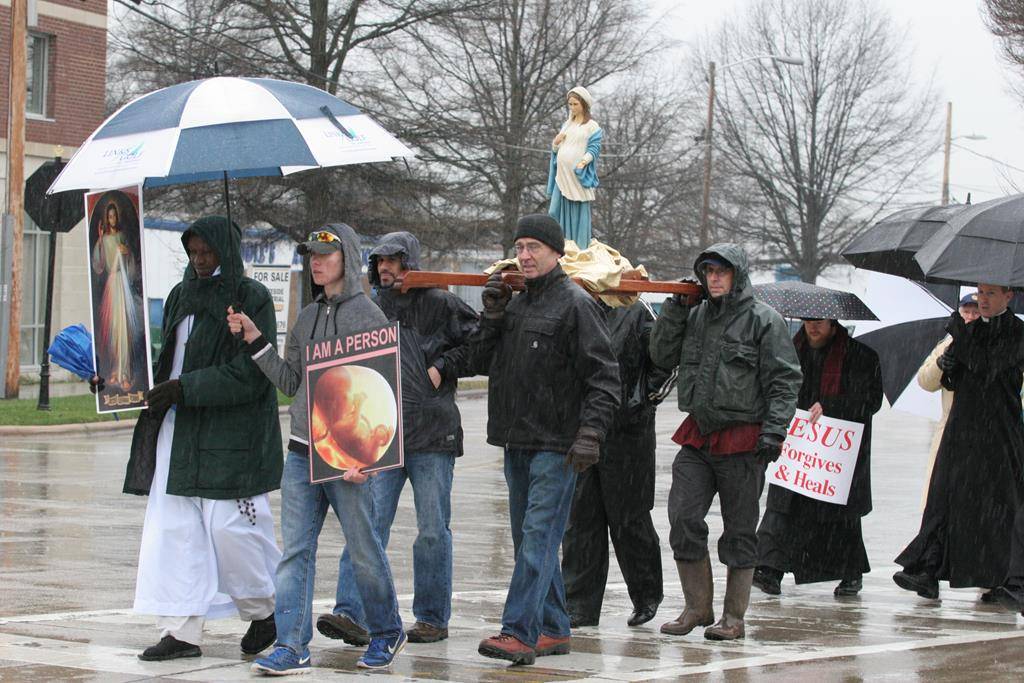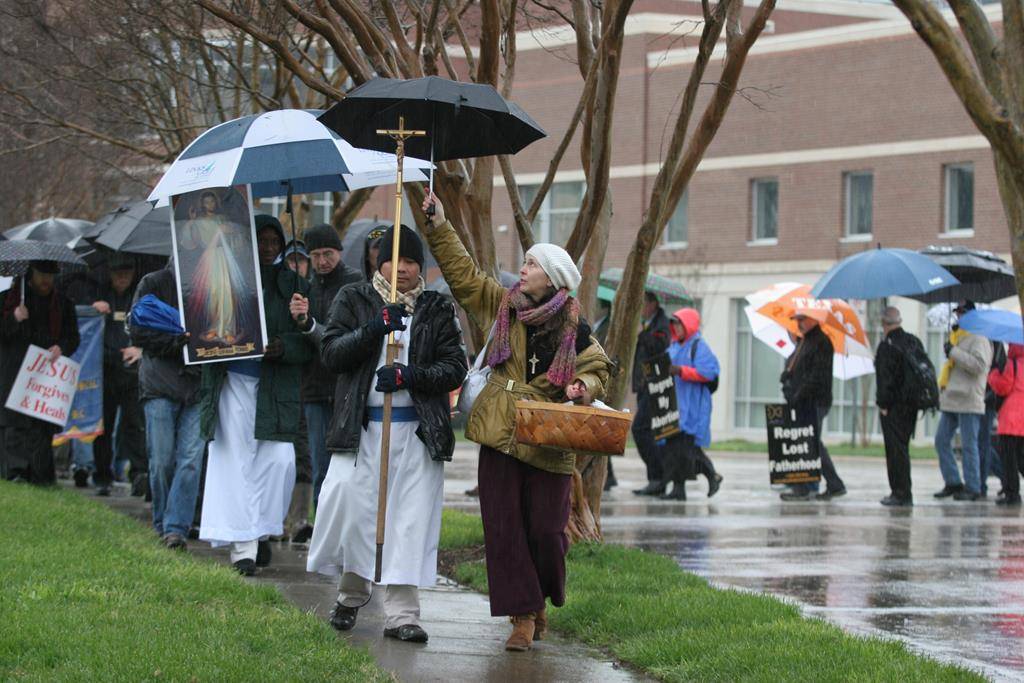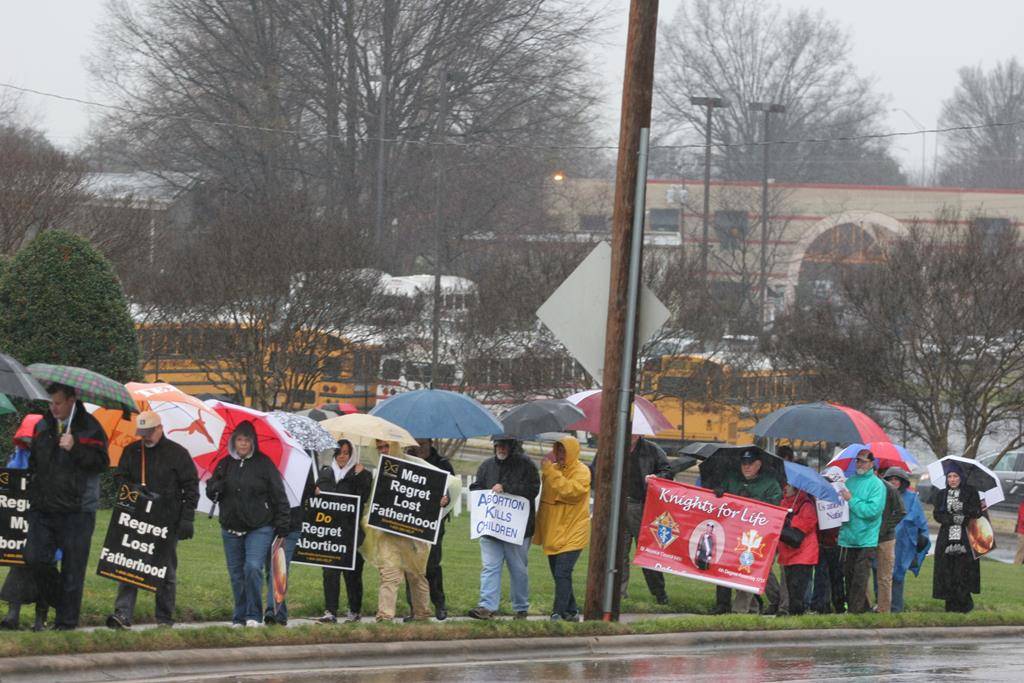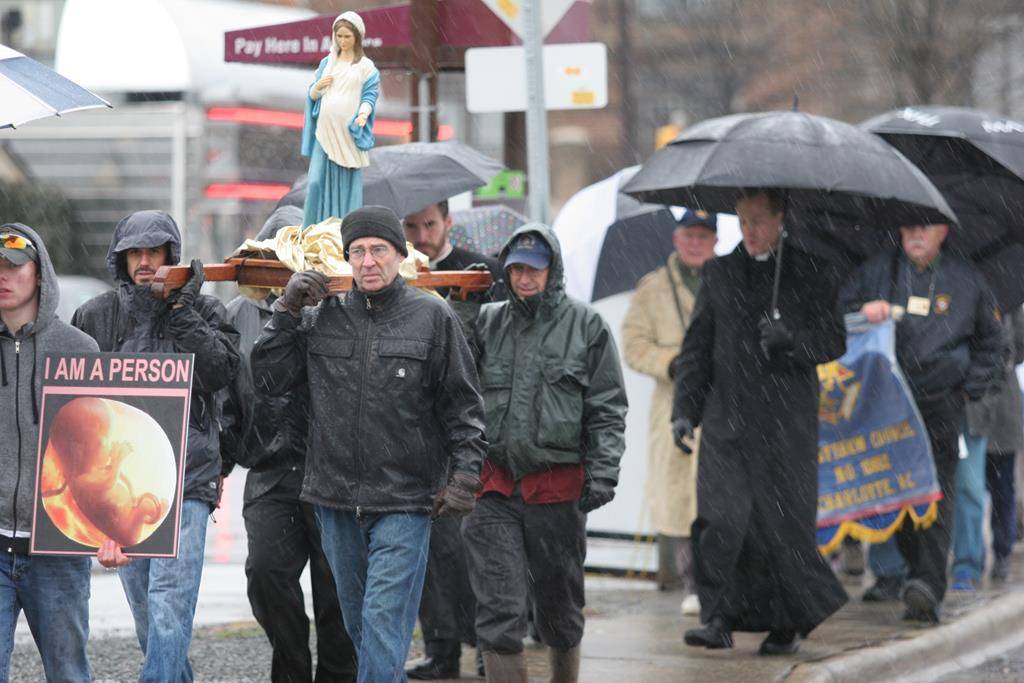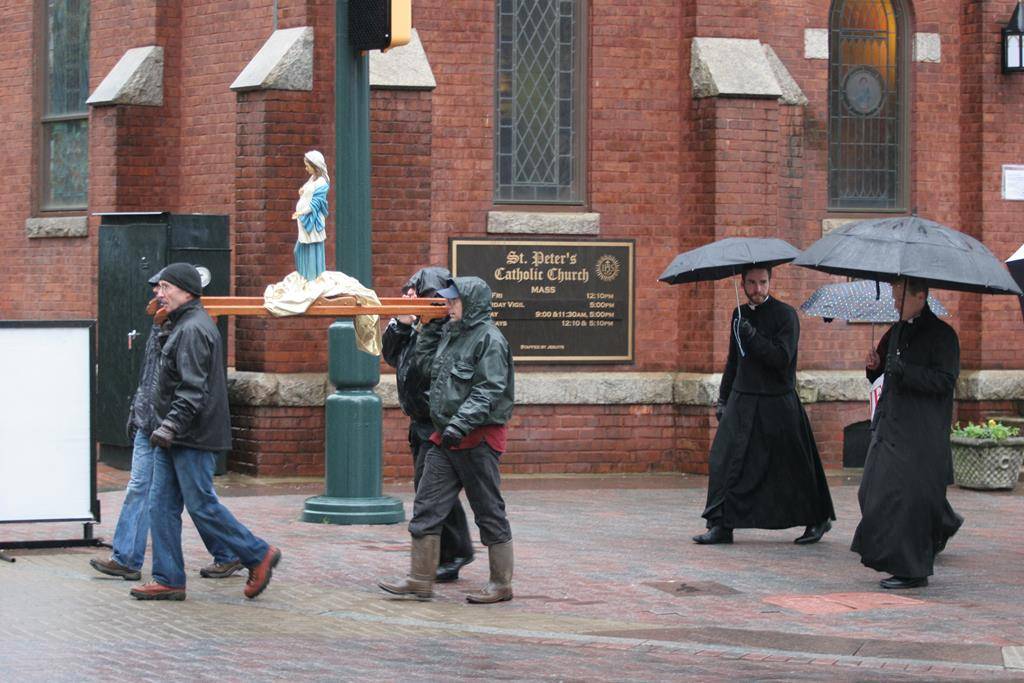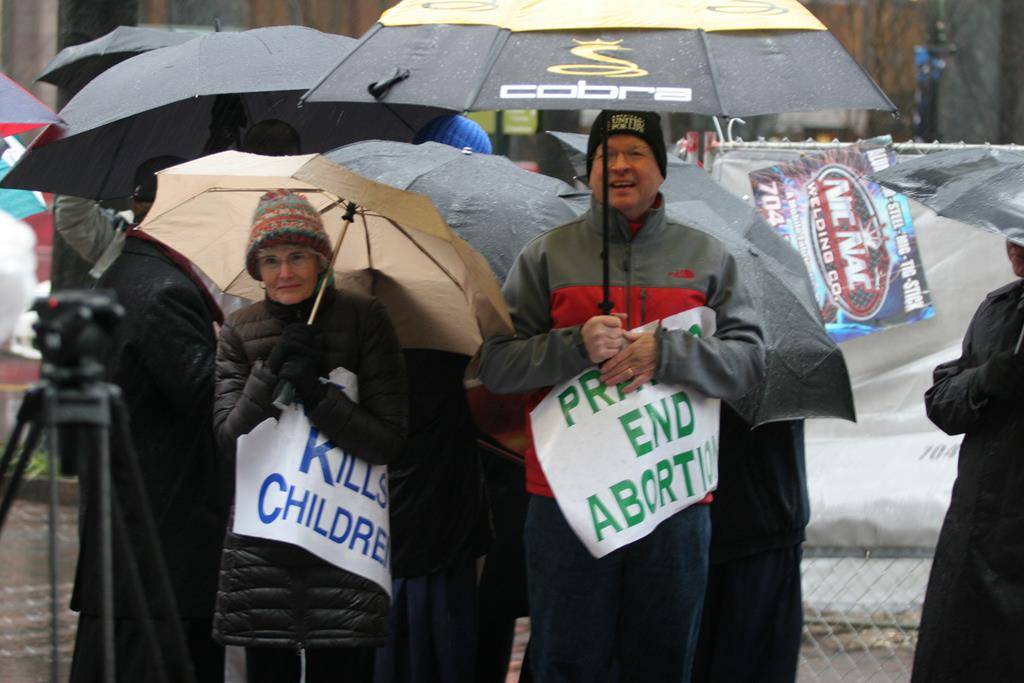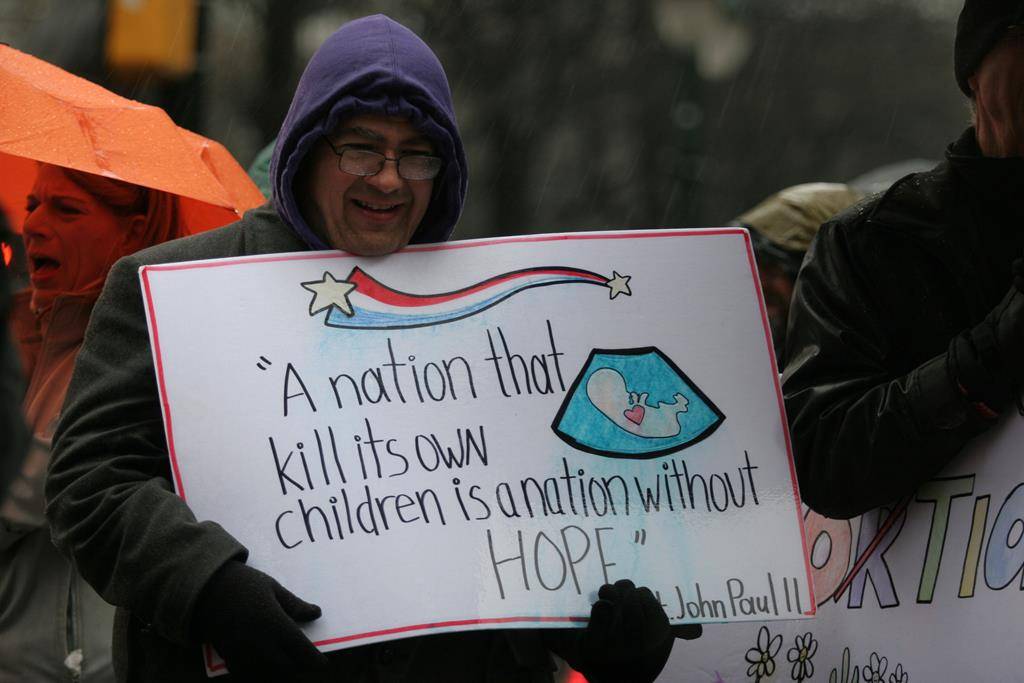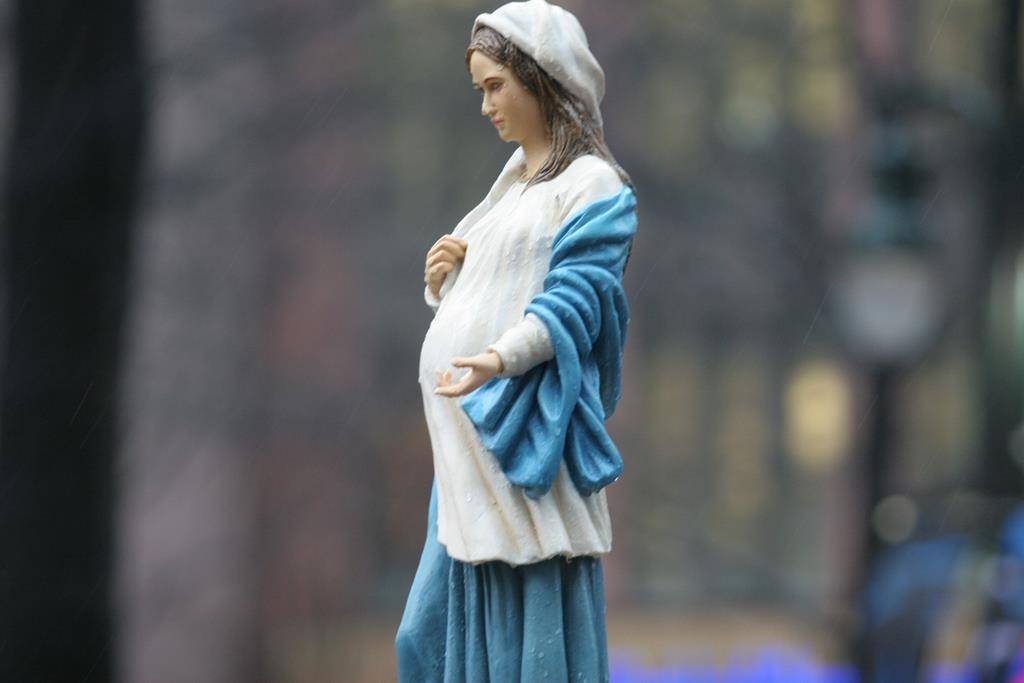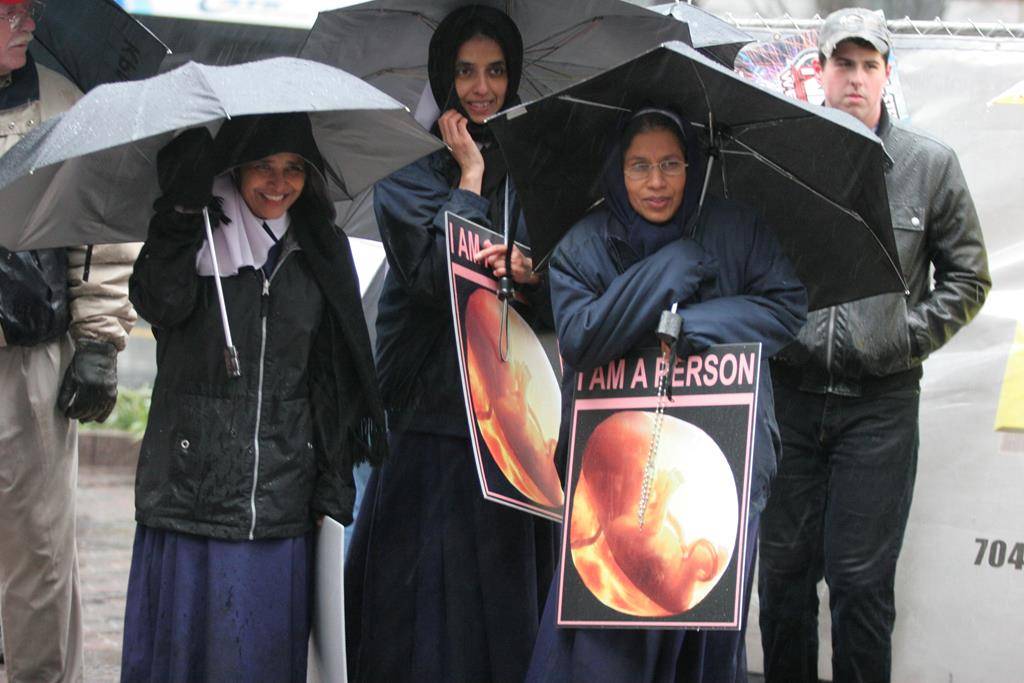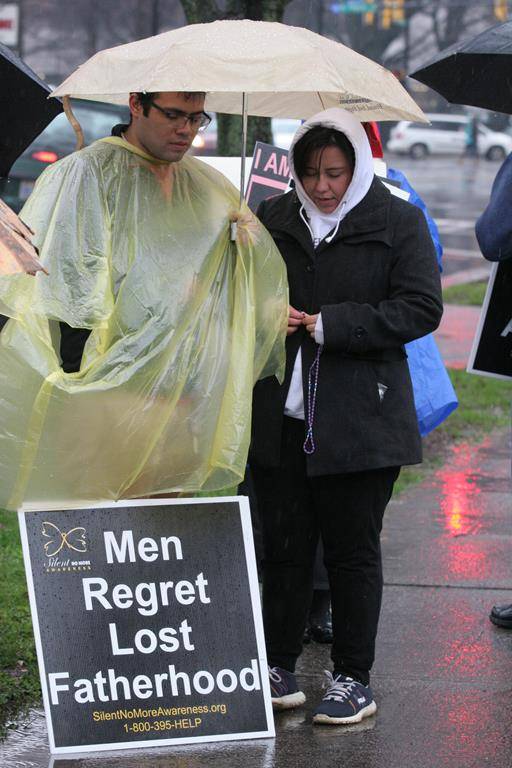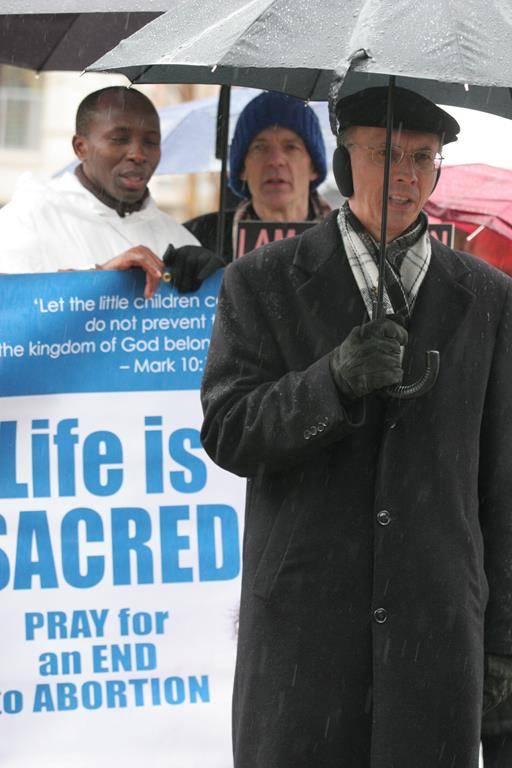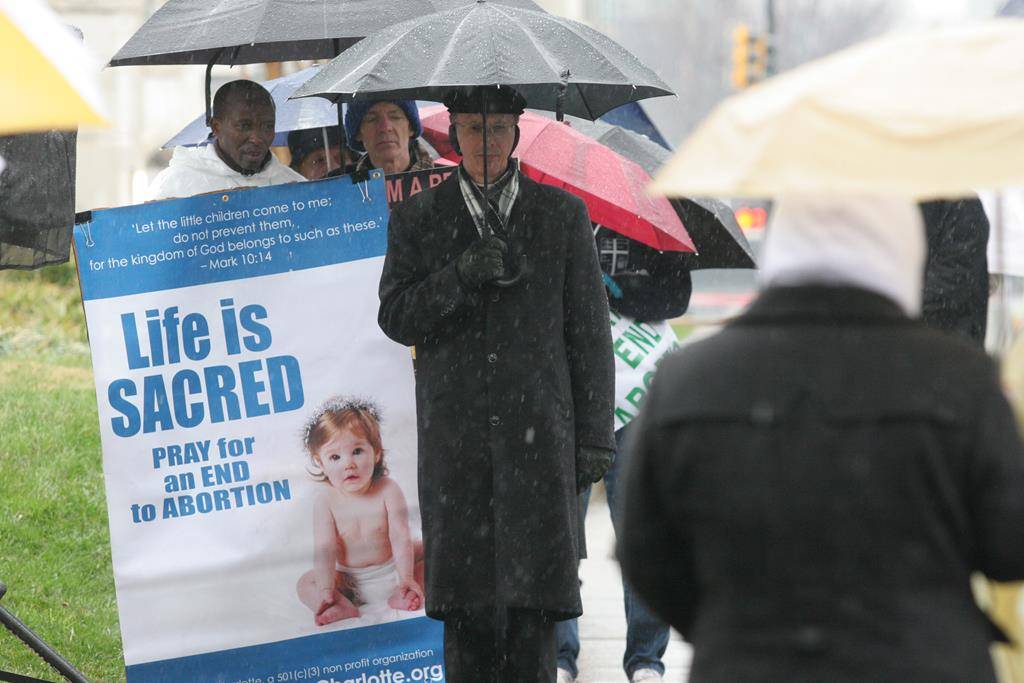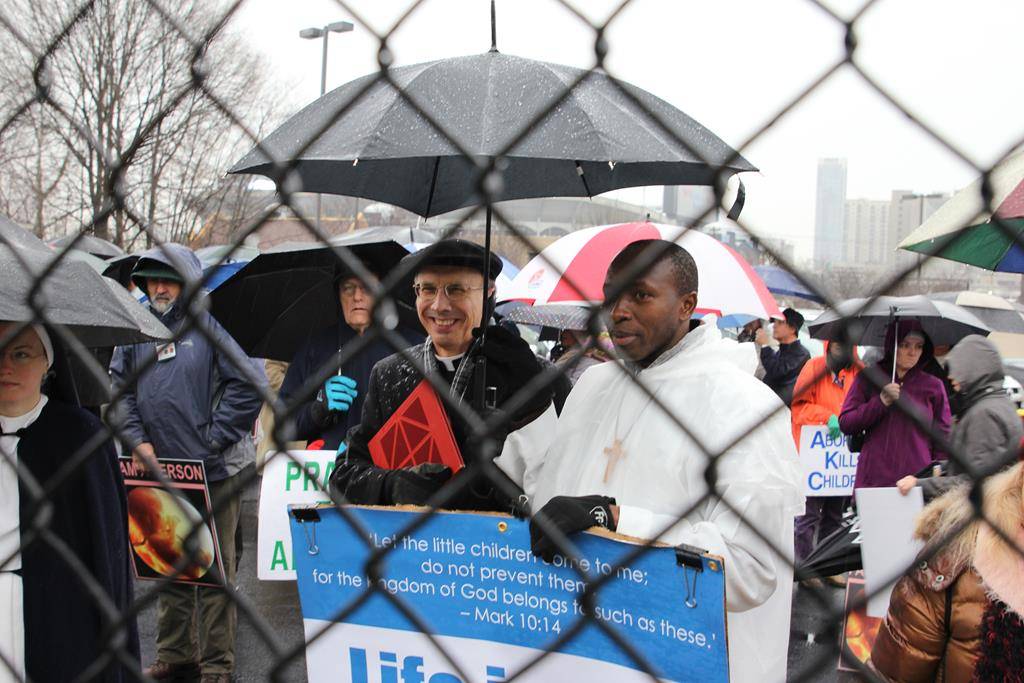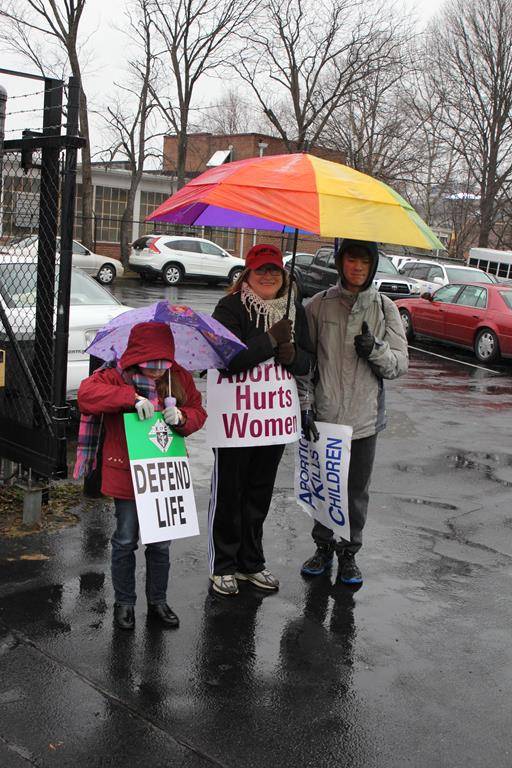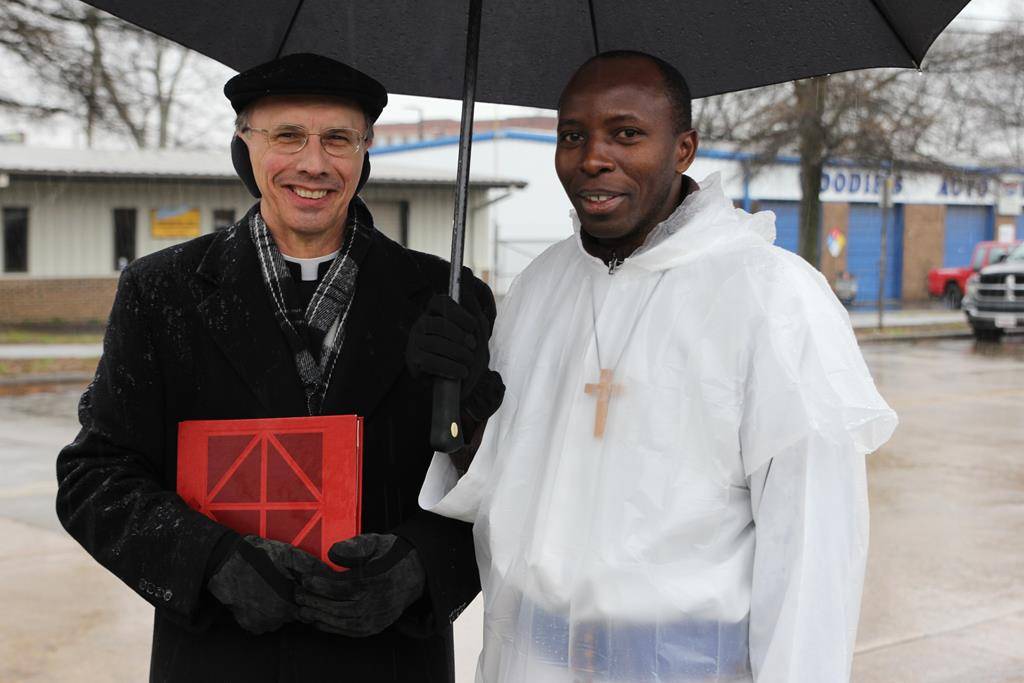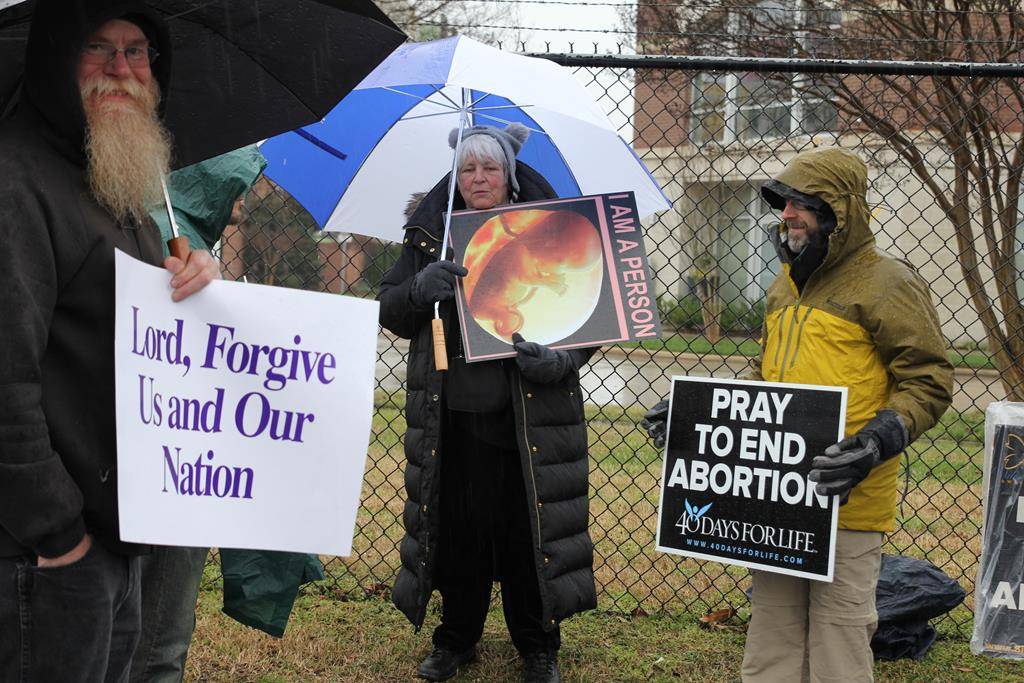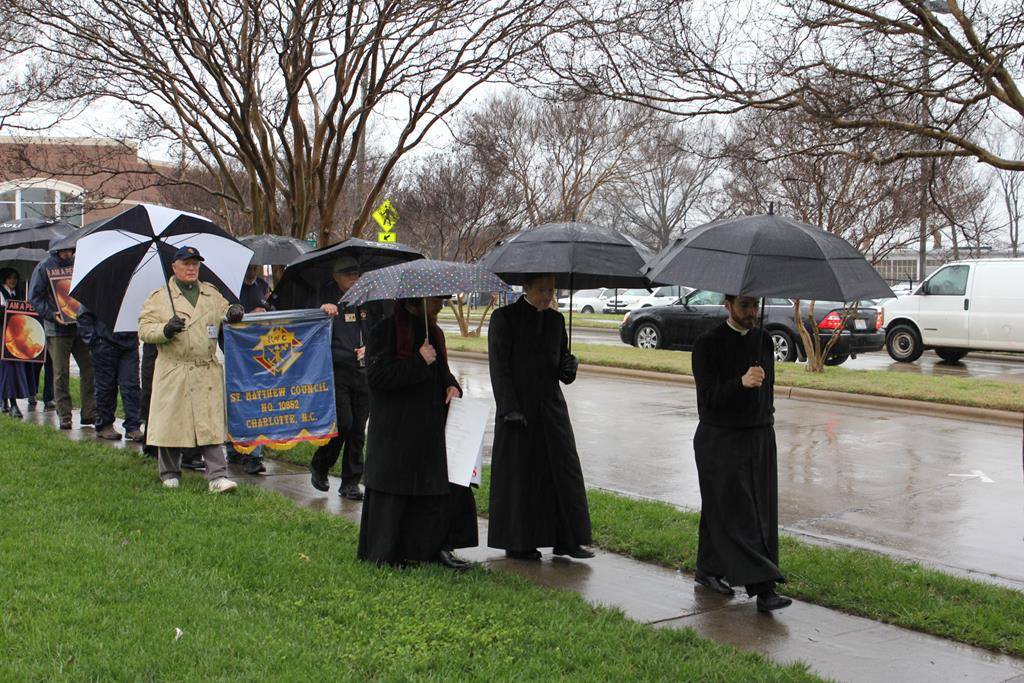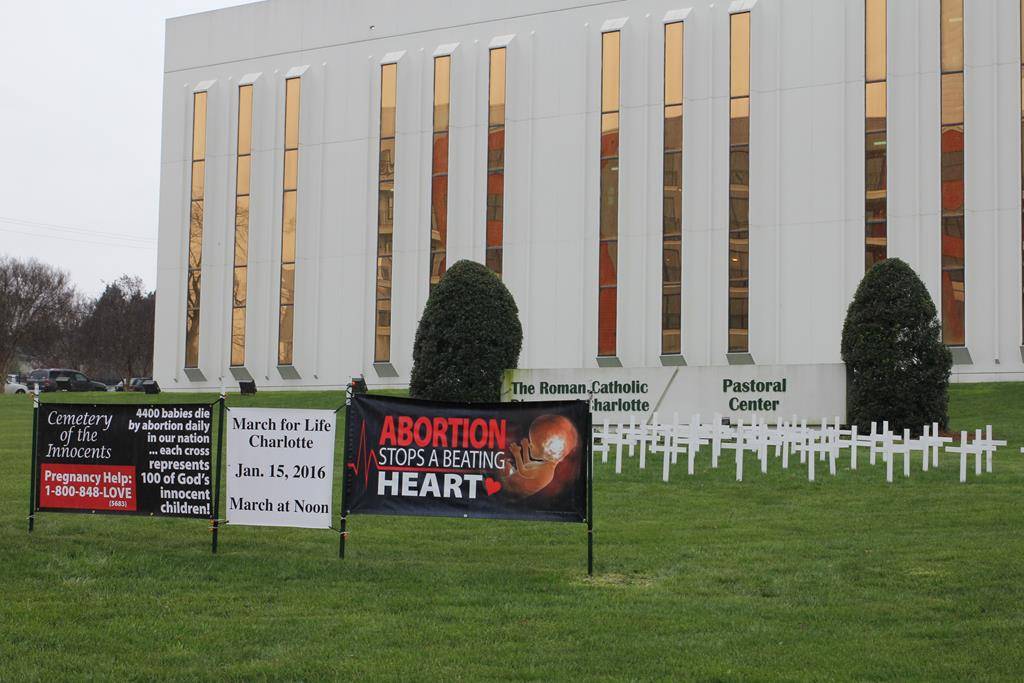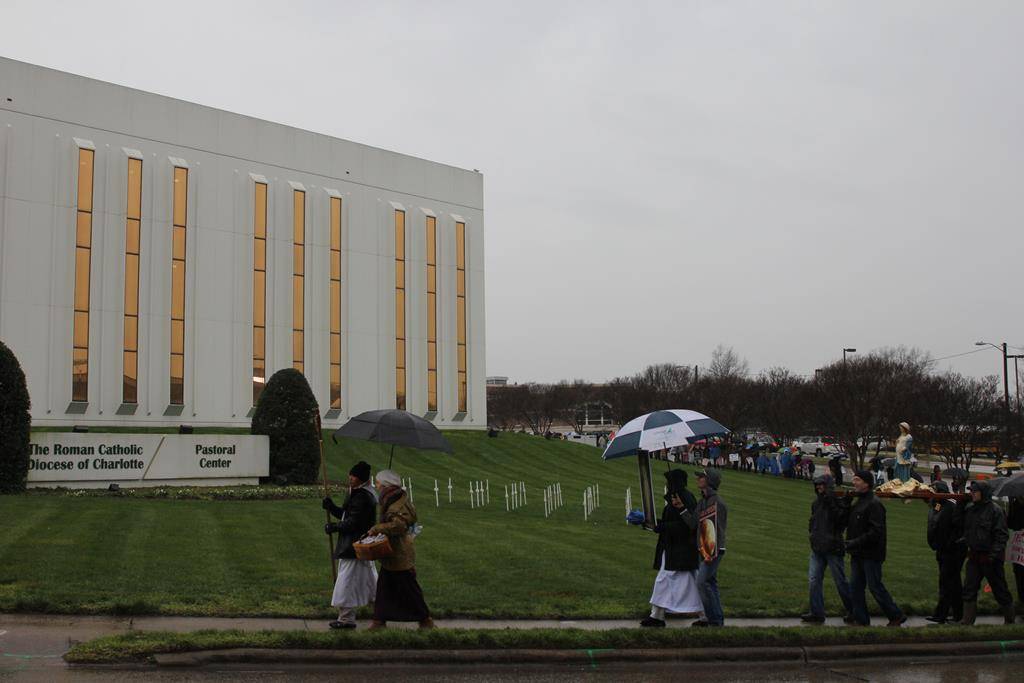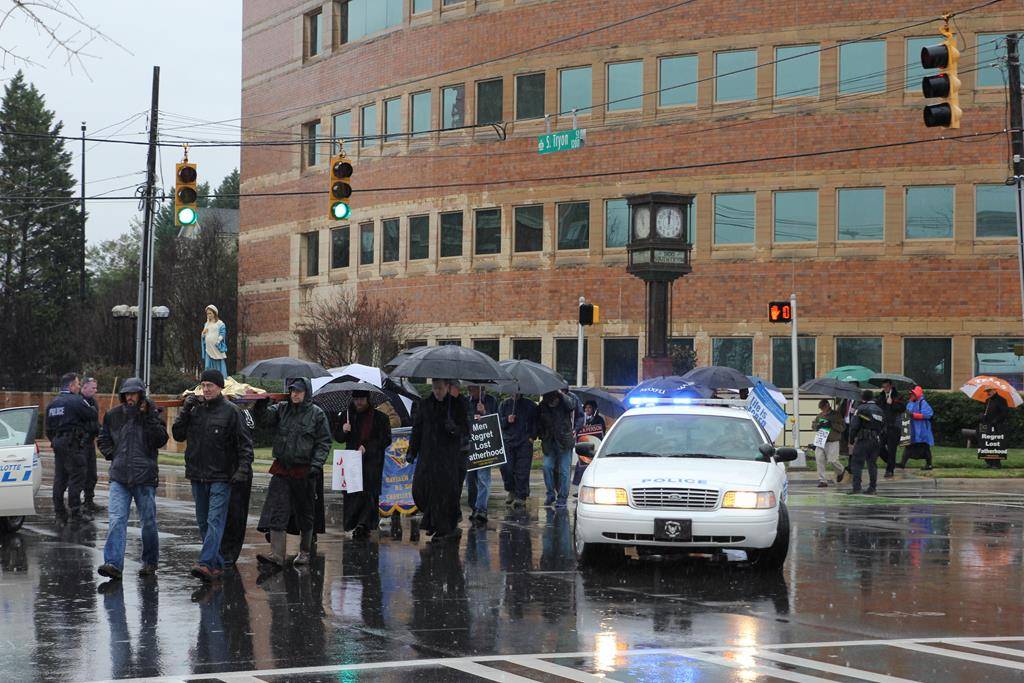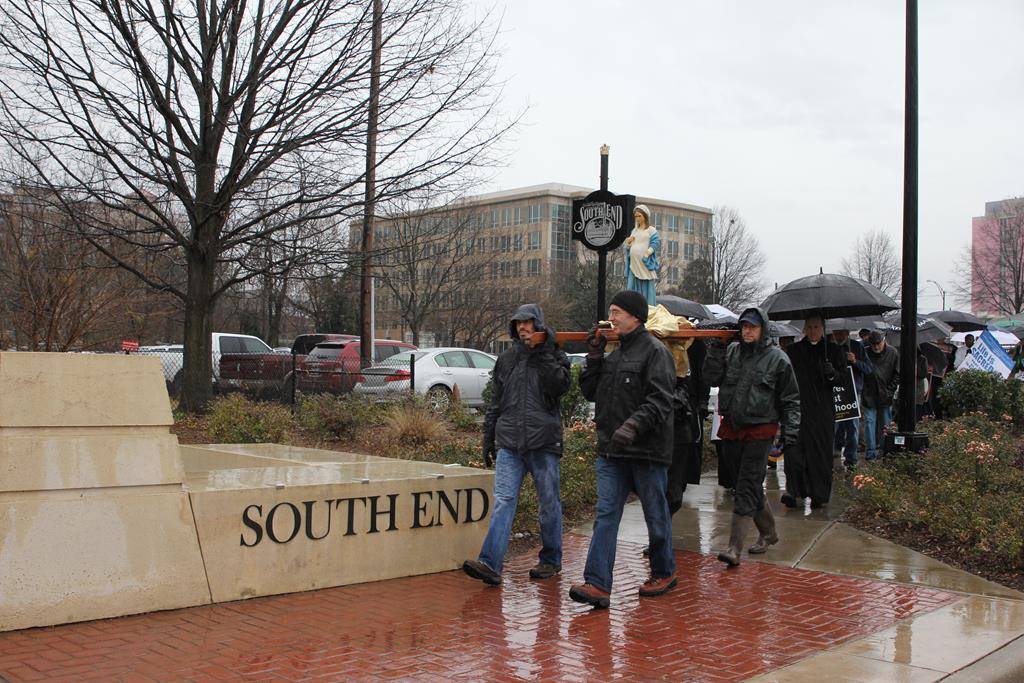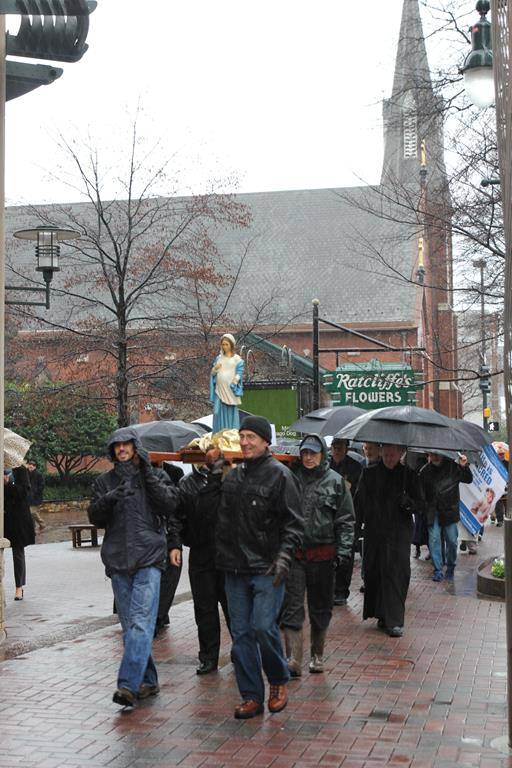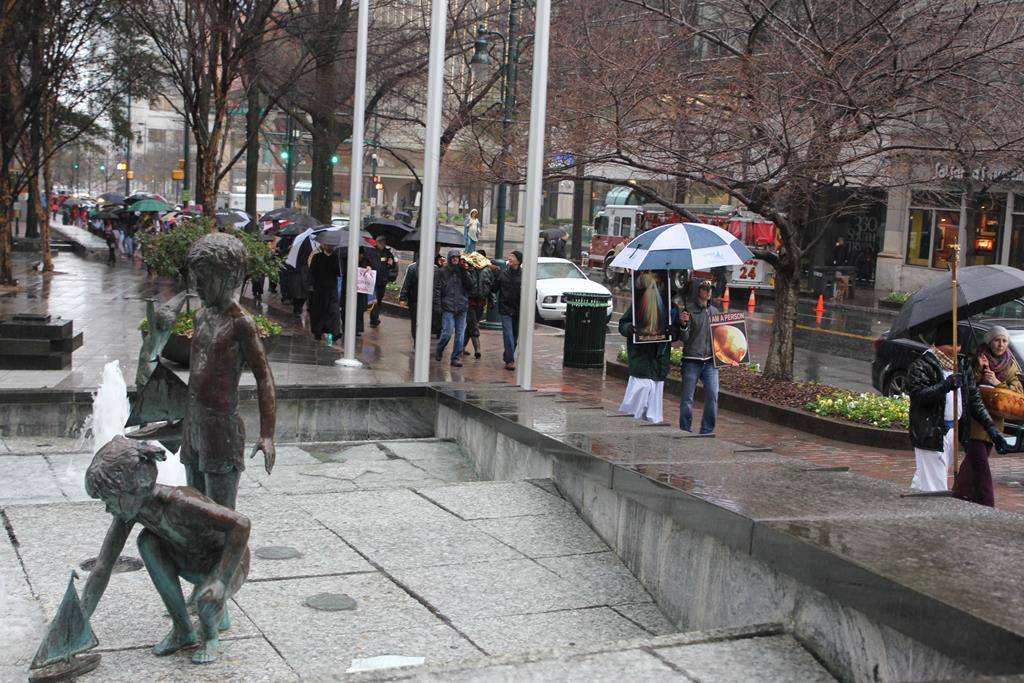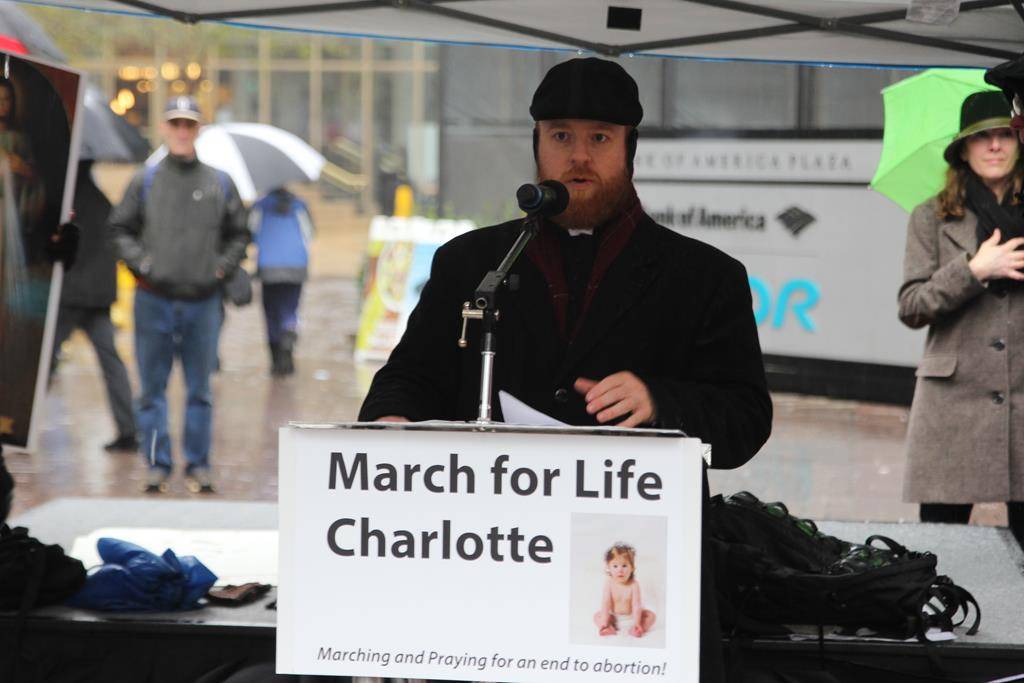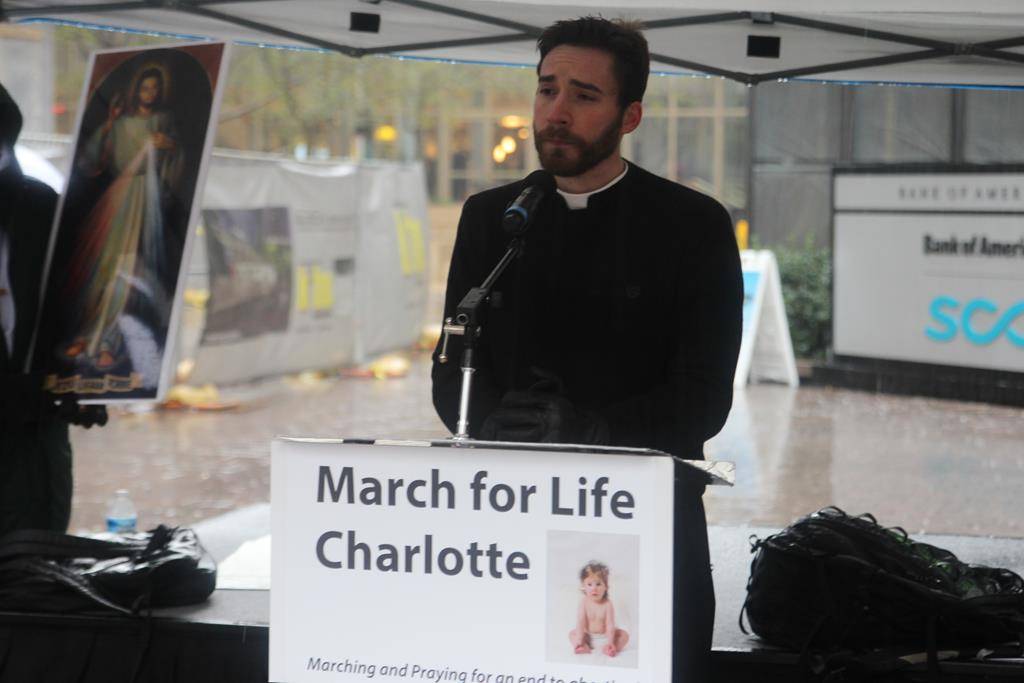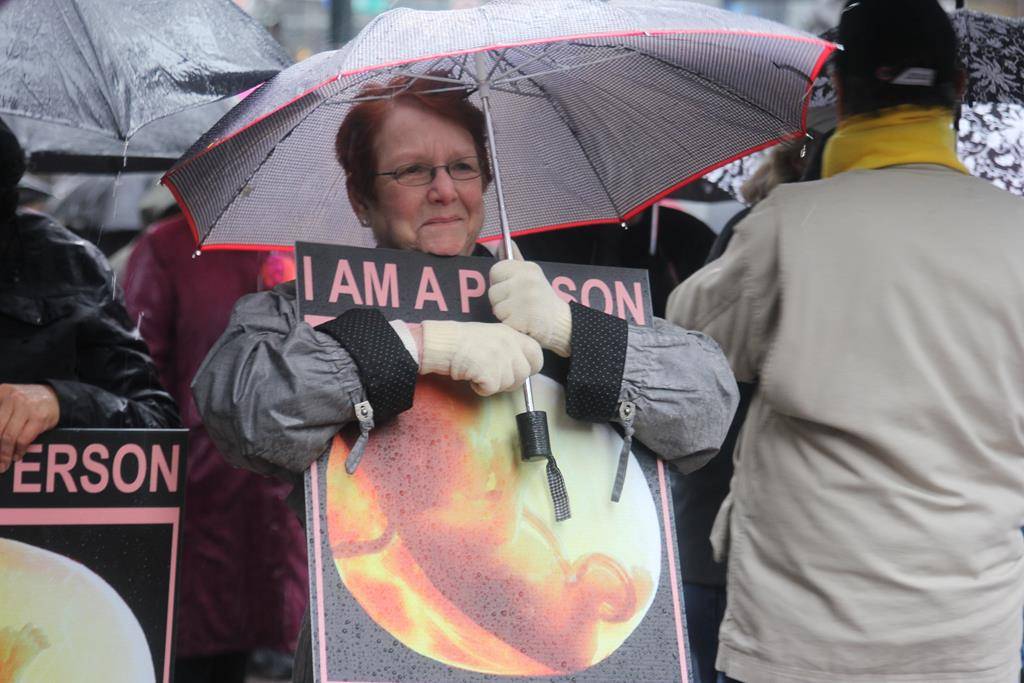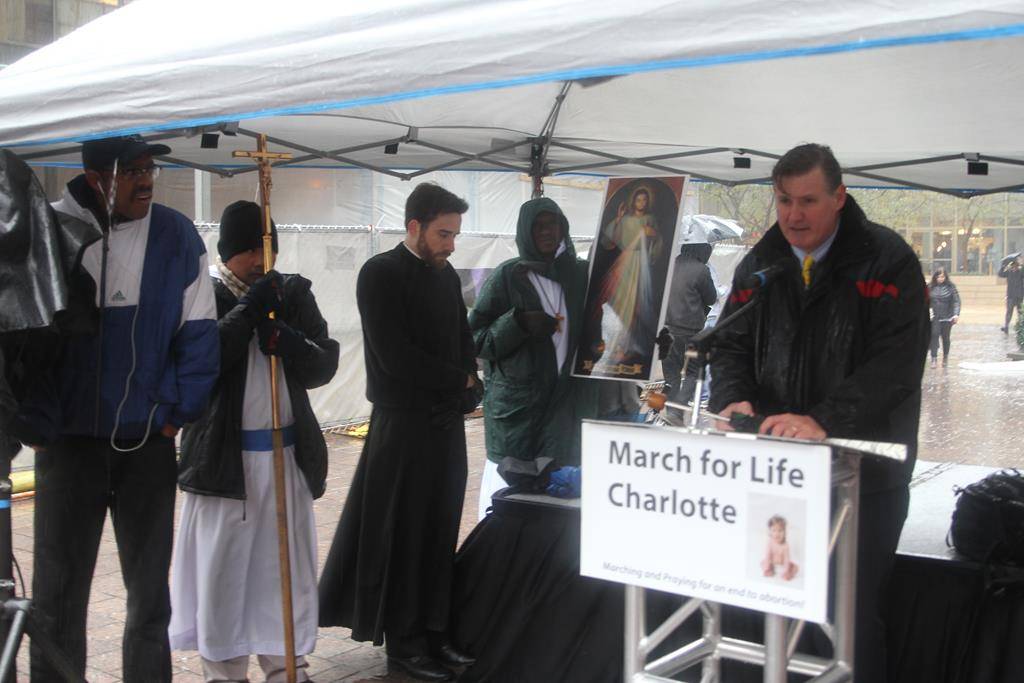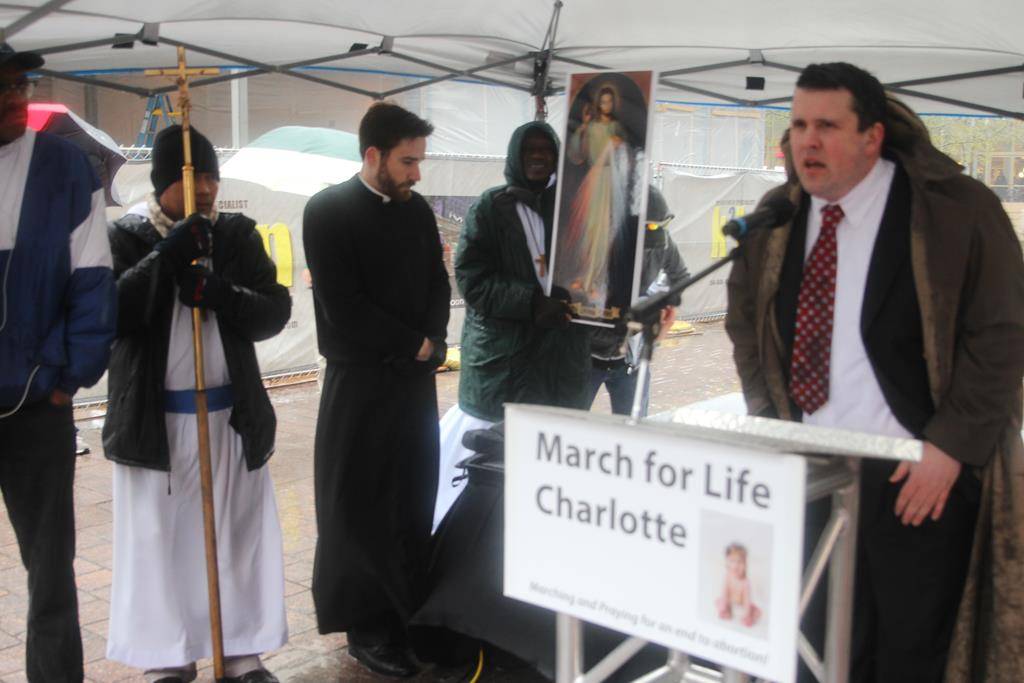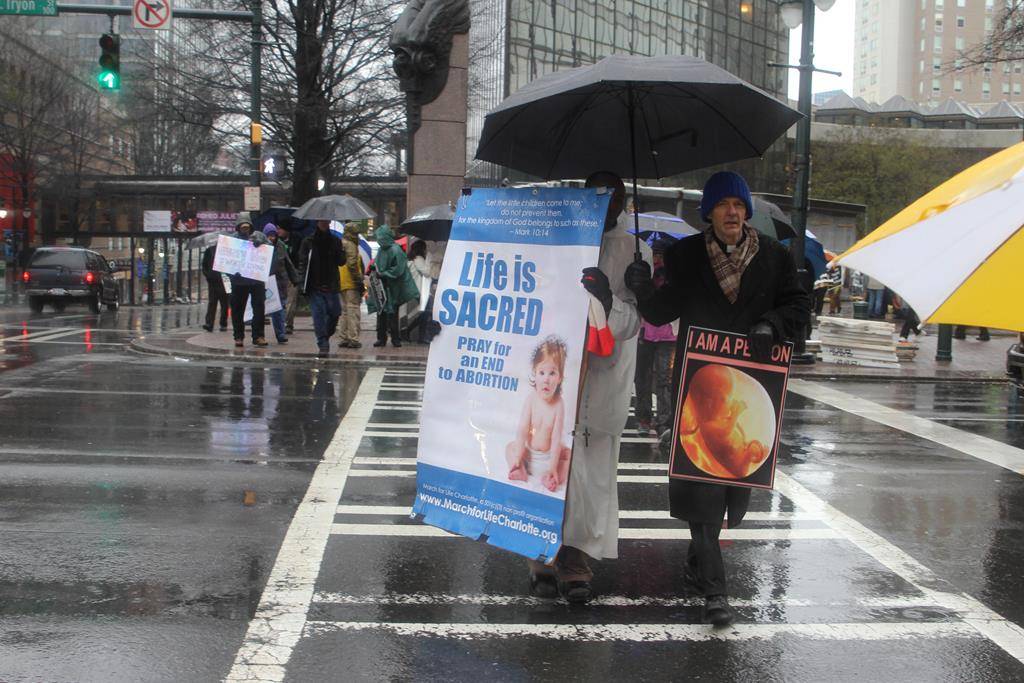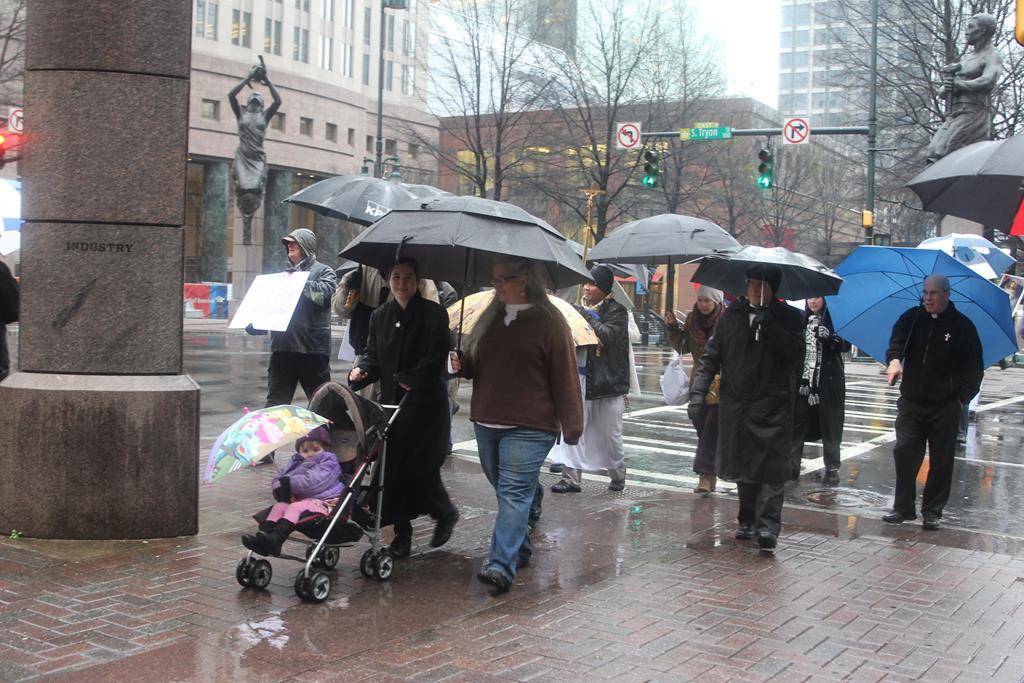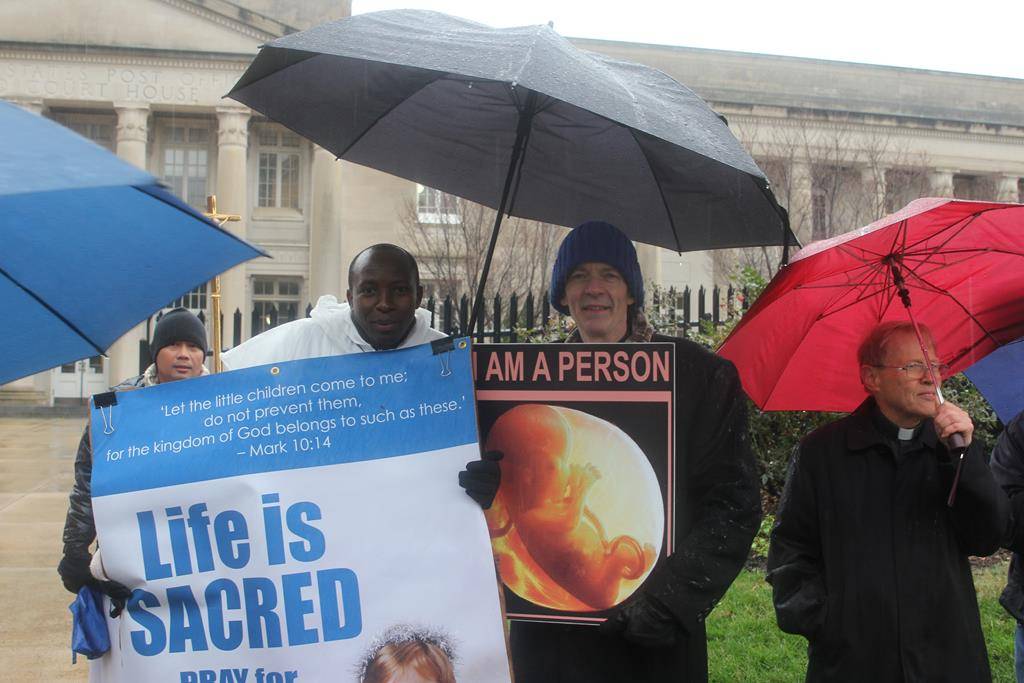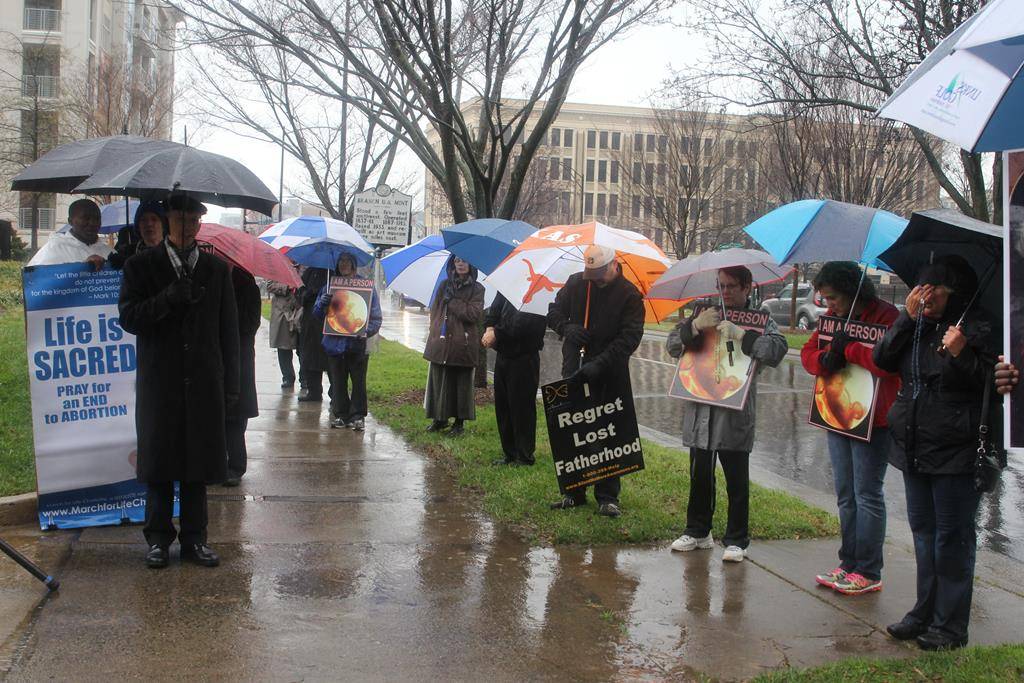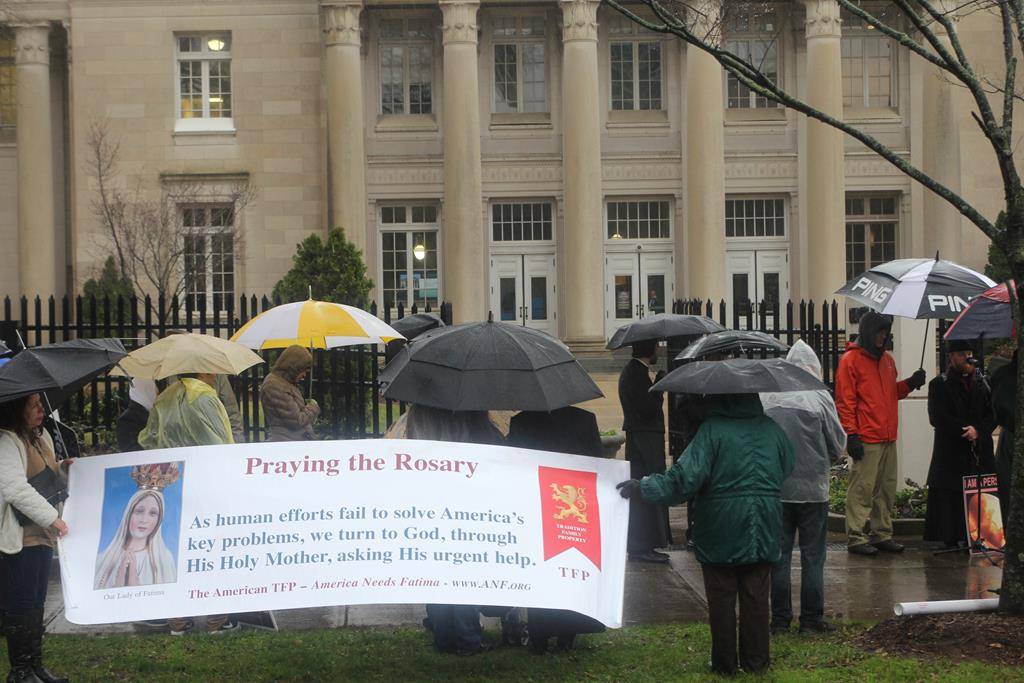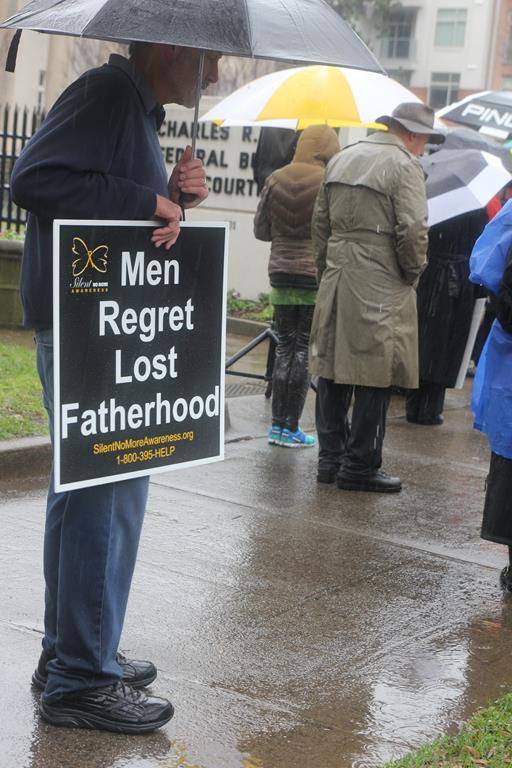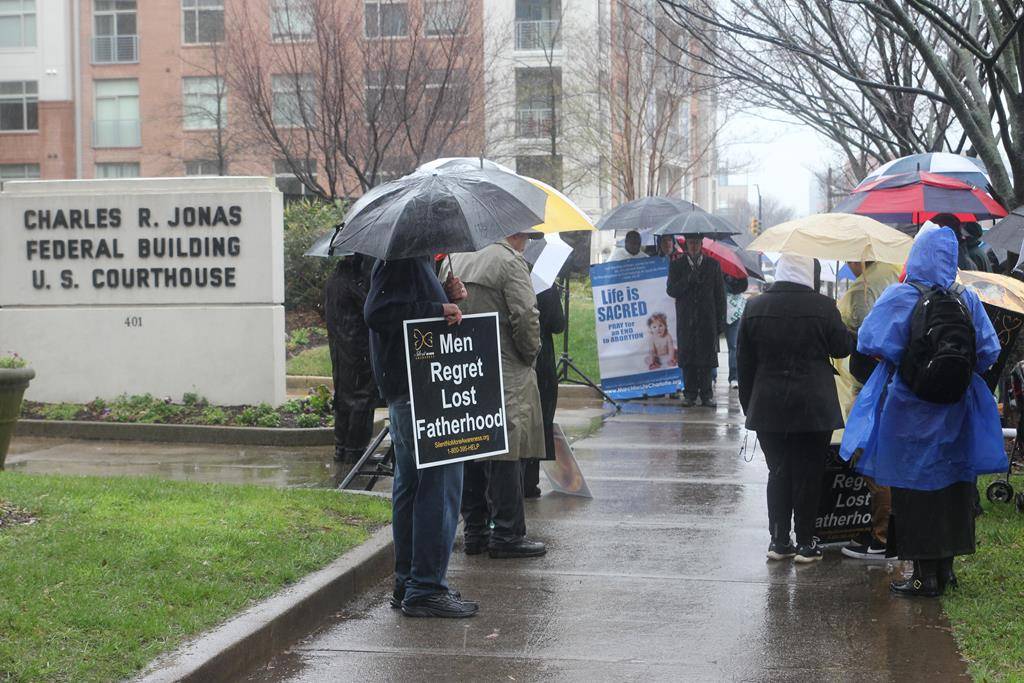WASHINGTON, D.C. – “Natural Family Planning. Love, Mercy, Life. Opening the Heart of Marriage” is the theme of this year’s Natural Family Planning Awareness Week, a national educational campaign of the U.S. Conference of Catholic Bishops to celebrate God’s design for married love and the gift of life and to raise awareness of Natural Family Planning methods.
Growing in popularity as a healthy, safe and moral alternative to contraception, Natural Family Planning methods represent a unique form of fertility education.
The Church supports NFP methods because they respect God’s design for married love and the gift of life. In fact, NFP represents the only authentic approach to family planning available to husbands and wives because these methods can be used to both attempt or avoid pregnancy. These methods are based on observation of the naturally occurring signs and symptoms of the fertile and infertile phases of a woman’s menstrual cycle. No drugs, devices or surgical procedures are used to avoid pregnancy.
The practice of NFP can help a couple open the heart of their marriage to all the gifts that God wishes to provide. It reflects the dignity of the human person within the context of marriage and family life, promotes openness to life, and recognizes the value of the child.
By respecting the love-giving and life-giving natures of marriage, NFP can enrich the bond between husband and wife, providing them with the tools to help them live in harmony with God’s divine plan for human sexuality, marriage, conjugal love and responsible parenthood.
The slogan for this year’s NFP Awareness Week was inspired by the Holy Father’s call for a Jubilee Year of Mercy, a special time of grace in the Church in which everyone, including married couples and families, are invited to open their hearts more fully to the unconditional love, mercy and life Christ and the Church offer us.
The dates of Natural Family Planning Awareness Week (July 24-30) highlight the anniversary of the papal encyclical “Humanae Vitae” (July 25) which articulates Catholic beliefs about human sexuality, conjugal love and responsible parenthood. The dates also mark the feast of Sts. Joachim and Anne (July 26), the parents of the Blessed Virgin Mother.
At Catholic Charities’ website, www.ccdoc.org/nfp, you can find information in English and Spanish about NFP under the Services/Family Enrichment tab on the home page. Included are: a schedule of free, one-day NFP courses around the diocese; video testimonies from couples, a physician and a diocesan priest about the many benefits of NFP; a list of NFP supportive physicians in North Carolina; plus detailed information about the various NFP methods and other basics.
For details, contact Batrice Adcock, MSN, Natural Family Planning Program Director for Catholic Charities Diocese of Charlotte, at This email address is being protected from spambots. You need JavaScript enabled to view it..
— USCCB
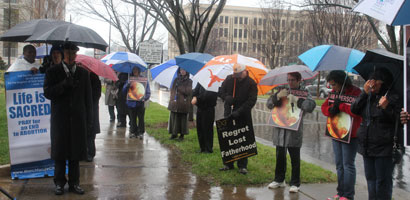 CHARLOTTE — More than 100 people shrugged off the chilly rain and high winds Jan. 15 to march through uptown Charlotte for the 10th annual March for Life Charlotte.
CHARLOTTE — More than 100 people shrugged off the chilly rain and high winds Jan. 15 to march through uptown Charlotte for the 10th annual March for Life Charlotte.
The prayerful march, held each January to mark the anniversary of the Roe v. Wade decision legalizing abortion, calls attention to the more than 57 million lives lost and the need to end the tragedy of abortion. The march kicked off after a Mass for the Unborn offered by Father Casey Coleman, parochial vicar of St. Vincent de Paul Church in Charlotte. Father Coleman also served as guest preacher for the march.
Before the March for Life started off from the diocesan Pastoral Center, Bishop Peter Jugis and all those present offered a prayer to God.
"Our culture has drifted so far from Your ways and does not respect the absolute right to life of the child in the womb. Give our country the grace of repentance and conversion to turn away from the culture of death and embrace the culture of life," Bishop Jugis prayed.
More than 150 marchers then walked up to Independence Square at the corner of Trade and Tryon streets. Once there, Father Coleman delivered the keynote address in the midst of a heavy downpour.
"Our Holy Father Pope Francis has called this a Jubilee Year of Mercy... We have come here today, my brothers and sisters, because the Spirit of the Lord is upon each and every one of us. By our very baptism, we have been given this very Spirit and anointed by Him and are called to that same mission of mercy. Therefore, we must go forth and proclaim liberty to the captives," Father Coleman said.
He emphasized we must proclaim "liberty" to pregnant mothers in need, those who are duped into thinking they don't have any other options besides abortion. What they need instead, Father Coleman said, is to know the love of the Father.
"We must do this at all cost because to be truly filled with mercy and to love with mercy is to be compassionate. To love with true compassion. Which means to suffer with. We must find these women and fathers and all these people affected by the culture of lies and tell them that abortion is not the way," he continued.
Father Santiago Mariani, parochial vicar of Our Lady of Lourdes Church in Monroe, then addressed the crowd in Spanish.
Afterwards, attorney George Rouco, a parishioner of St. Thérèse Church in Mooresville who is running for Congress, gave an address that was briefly interrupted by the deluge and high winds which knocked out the public address system – prompting marchers to gather closer to hear his testimony about nearly being aborted.
"Both of my parents were Cuban exiles," he said. "They left Cuba in 1961 and 1962 after they were oppressed. They fought against the Castro regime and were forced out of their country and they moved to Florida where they started a family."
His family struggled as there were six children and two adults living in a gang-infested area of Miami. His mother was counseled by her doctor to abort him because of the family's difficult situation. His parents stood firm in their Catholic faith and refused.
"Fast forward 30 years, and my wife and I were expecting our first child. He was born with a congenital heart defect. Our doctor...said he would have a tough life. He said we could abort him so he would not have to go through with open heart surgery at 13 days of age.
"But my wife and I are staunch believers in the sanctity of life, believing that every child is a gift from God. We chose to have our child and today he is 5 years old. He's healthy. He's a wonderful child of God," Rouco said.
Due to technical difficulties with the sound system, testimonies of women from the Silent No More awareness campaign were cancelled and the march proceeded to the sidewalk in front of the Charles R. Jonas Federal Building and Courthouse on West Trade Street, where they were joined by Bishop Jugis to pray a rosary and the Chaplet of Divine Mercy for an end to abortion.
Andrea Hines, regional coordinator for Silent No More, believes it is important to hold a march in Charlotte because "it is a destination city for abortions, with three independent abortion facilities located here and also a Planned Parenthood office which, at that office, does abortion referrals to the local abortion facilities.
"Not only do local Charlotteans have abortions here, but people come for abortions from other areas of North Carolina and the other states of South Carolina, Georgia, Virginia, Tennessee and Florida. Mecklenburg County has the highest number of abortions in the state, with over 7,250 occurring each year," Hines said.
"It is important to bring visibility to the situation, light to the darkness, to let people know that abortion is wrong and it is opposed. Most media only promotes and glorifies the pro-death side of abortion. It is an opportunity to be voices to the voiceless. Lastly, it is an opportunity to bring grassroots effort of trying to save the unborn locally," she continued.
Deacon Jack Staub, who serves at St. Matthew Church in Charlotte, was among the marchers this year.
"Our culture seems to indicate that life is irrelevant. We have to make a statement to show that it is not irrelevant – that all life is precious and special," Deacon Staub said. "We do that by making visible signs that people can see. Some people will accept it and some won't and some will think about it. What we want to do is convert hearts."
Bob Loughlin, long-time co-coordinator of the March for Life Charlotte, was also among the marchers out in the rain and cold Jan. 15.
"I think as we keep putting the message of the value of human life and human dignity out there...gradually we are winning this battle. We go out there on a lunch hour and we see people passing us by, all kinds of people of all ages and all different backgrounds going about their business. I always wonder if just one time someone saw our message and a child was saved.
"I have a suspicion that it may be more than one. It makes our effort worthwhile. It doesn't matter if it's 15 degrees and the wind is blowing, or if it's 40 degrees and it's raining. If our effort allows one person to grow up to be the person God created, it's all worthwhile."
— SueAnn Howell and Kimberly Bender, Catholic News Herald
See more video highlights from the Mass for the Unborn at St. Vincent De Paul and from the March for Life Charlotte on our Facebook page.
See more photos
Details about the March for Life in D.C. and Raleigh
'Pro-Life and Pro-Woman Go Hand in Hand'
WASHINGTON, D.C. — The March for Life Education and Defense Fund has announced the details for the 2016 March for Life to be held on Friday, Jan. 22. "Pro-Life and Pro-Woman Go Hand in Hand" will be the theme of the 43rd annual march, and seeks to draw attention to the pre-born populations that are at the greatest risk for abortion: those who receive a prenatal disability diagnosis.
The March for Life will begin with a rally at noon on the National Mall, followed at 1 p.m. by the march to the U.S. Supreme Court.
A Mass for pro-life advocates from North Carolina will be offered at the Basilica of the National Shrine of the Immaculate Conception, starting at 11:30 a.m. Friday, Jan. 22.
Due to the predicted extreme winter weather, the North Carolina Bishops Peter Jugis and Michael Burbidge will not be attending the 2016 March for Life in D.C. on Jan. 22, according to a release. Other priests from North Carolina will still be on hand to celebrate the N.C. Mass for Life in teh Upper Church of the Basilica.
For more details and schedule changes: http://marchforlife.org/mfl-2016
Other D.C. march events
A Youth Rally and Mass for Life hosted by the Archdiocese of Washington will be held Jan. 22. The ticketed event will be held at the Verizon Center and the D.C. Armory, both in Washington. For details, go to www.youthrallyandmassforlife.org.
The Paulus Institute for the Propagation of Sacred Liturgy, Washington, D.C., will hold the Third Annual Nellie Gray Mass after the March for Life, at 4 p.m. in the Extraordinary Form (traditional Latin Mass) at St. Mary Mother of God Church at 5th and H Sts. N.W. in downtown Washington, D.C.
On Saturday, Jan. 23, Latinos Por La Vida will host its third Annual Pro-Life Conference in the College Park Marriott Hotel & Conference Center after the March for Life.
Events in Raleigh
The Diocese of Raleigh Mass and March for Life will be held starting at noon Saturday, Jan. 16, at Halifax Mall in downtown Raleigh. Bishop Michael F. Burbidge will celebrate the Mass under a tent at Halifax Mall for youth and adults. The Rally and March for Life with North Carolina Right to Life will follow the Mass at 1:15 p.m.
For details, go to www.dioceseofraleigh.com
— SueAnn Howell, senior reporter
Can't attend the national March for Life? Pray the online novena!
Join thousands of Catholics across the country in prayer for a Culture of Life from Saturday, Jan. 16, to Sunday, Jan. 24, through the U.S. bishops' novena "9 Days for Life."
Through this online novena, pray for the respect and protection of all human life with new intentions, brief reflections, and more each day. Download the novena online, or participate through Facebook, Twitter, Instagram, email, text message or the free mobile app (English and Spanish).
Join at www.9daysforlife.com.


